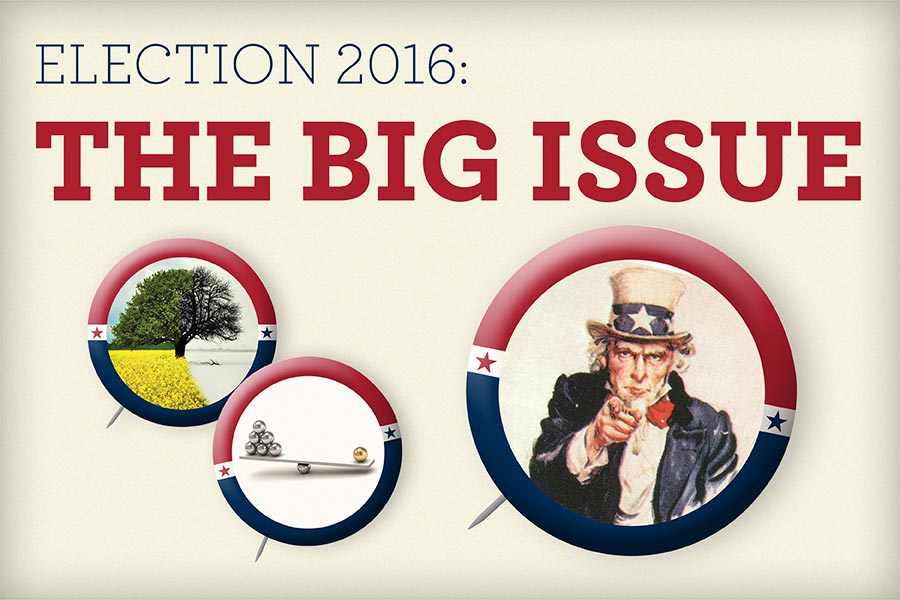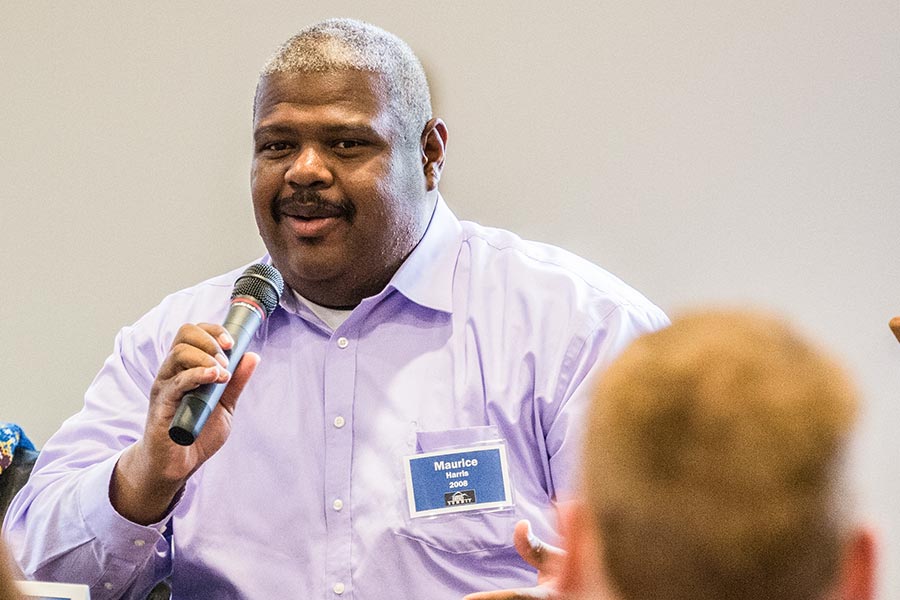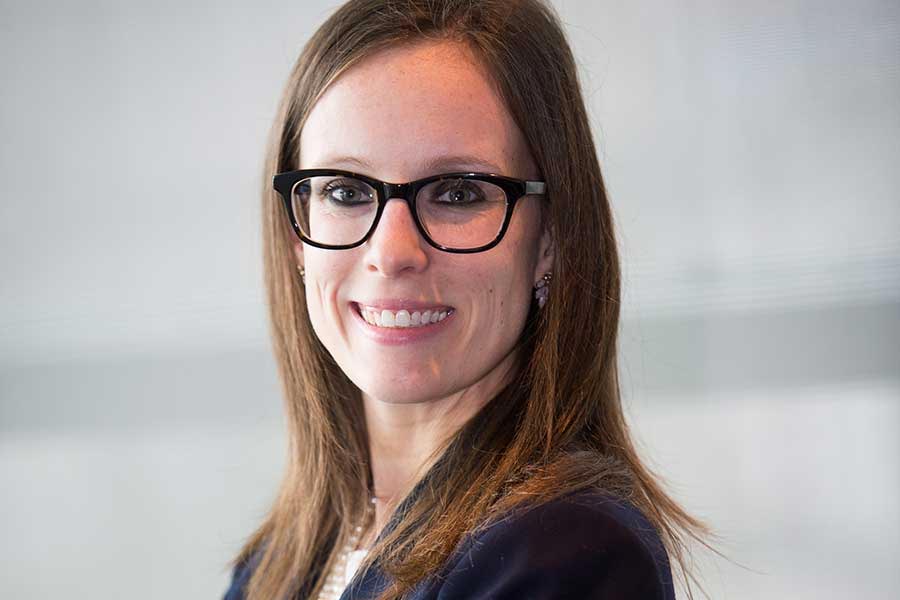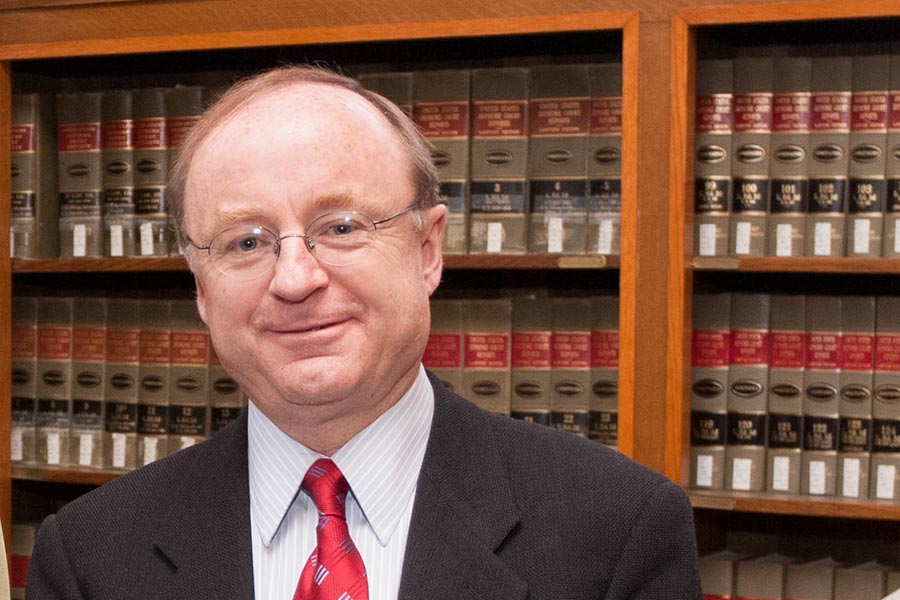Knox Stories
Michael Takeo Magruder Named First Knight Fund Distinguished Artist-in-Residence
Knox College will host its first-ever Knight Fund Distinguished Artist-in-Residence, Michael Takeo Magruder, from September 16 to September 30, 2025
Venture Boldly

Office of Communications
2 East South Street
Galesburg, IL 61401


To say that this has been a fascinating year in American presidential politics is putting it mildly.
We watched as once unlikely presidential candidates captured the attention of the nation's voters, political parties struggled to define themselves, and history was made by the nomination of our first female presidential candidate from a major party.
All of this happened against a backdrop of increased racial tensions and violence on a national scale and political upheaval and continued terrorism around the world.
Yet no matter whom we support for president or how we feel about the state of our nation and world, we all can agree that this is a pivotal election year.
We asked members of the Knox community what they believe is the most important issue facing the United States this November.
Thank you to everyone who took the time to share their thoughts; what follows is a small selection of the responses. We removed any direct references to particular candidates, politicians, or political parties in order to keep the responses focused on the issues at hand.
"The most important issue in this election is the environment and related issues (preservation, conservation, addressing global warming, alternative and renewable energy sources, overpopulation). If we continue to degrade our environment, we'll have no future."
—Kelly Collins '85, Director, Bolton (MA) Public Library
"If we don't fix climate change soon it's going to worsen every other conflict as wildfires, draughts, and storms take away lives and livelihoods, limit the food and water supply, cause fear and anger that will make attitudes towards 'outsiders' harden, and just generally bring about crises all over the globe."
—Andrea Crain '98, Technical Consultant, Tessitura Network
"Whether the American two-party system adequately advances and protects the interests of common citizens in the election process."
—Bill Combs '69, Trial Attorney
"I think the largest problem facing the United States and other advanced democracies is that the scope for major policy reforms needed to address the big global challenges has been narrowed to near-paralysis. This is largely because so many voters no longer perceive governments as working in their interests. Politicians and public servants are seen variously as elitists working for remote and undemocratic ideals, charlatans in the pockets of vested interests, and opportunists who put personal agendas ahead of the national good. Unfortunately, there is considerable truth in all of those views, making us all skeptical and opening the field for those peddling simple solutions to intensely complex problems."
—Keith Maskus '76, Professor of Economics, University of Colorado, Boulder and Chief Economist, U.S. State Department
"The issue that I believe is the most important is trust. Trust in not only the candidates, but trust in the institutions that we relied on for the last 200+ years to provide good governance to U.S. citizens. Many voters see this election as a microcosm of the failure of leaders in government to deliver positive results and, in turn, a continued decline of trust in government institutions to ensure. Recent examples like whether it is police brutality against people of color or officials not being held accountable for previous unethical actions cause voters to be distrustful that leaders will act in the nation's best interests. Trust is imperative to ensure that our government can function with the consent of the citizens it serves."
—Maurice Harris '08, Research Analyst, Greater Minneapolis Saint Paul Economic Development Partnership
"Campaign finance reform. Without it, any other worthy cause has an enormous handicap because the moneyed interests will always stand in the way of real change. Winning here will enable us to have success with all subsequent issues without being held back by a corrupt democracy."
—Nick Nurre '18, Double Major in English Literature and Philosophy, Knox College
"Although many issues loom on the horizon, I feel the national economy (job creation) is a category that will shape the future of the U.S. for young adults. I have no doubt that the economy has improved under the Obama administration ... yet we must create job opportunities that pay above minimum wage and allow folks the means to sustain a middle class lifestyle. When families can make a living and support themselves, we'll see a lessening of tensions between race, religions, and social classes. We will also see more tax revenues and a growth in government programs to lift those who need it."
—Brett Wright '87, CEO & Owner, PMDPROS LLC
"The most important single issue this election is probably the increased awareness of 20-plus years of growing income inequality. What is now making this an increasingly critical issue is the growing current job dislocations and potential for future job loss due to advances in artificial intelligence and robotics."
—Howard Partner '68, Landscape Architect
"Economic justice—this includes stagnant wages, pressure on the middle class, debt (including student debt), and the growing number of people who are an unexpected emergency expense away from financial hardship."
—Brigid Leahy '89, Director of Public Policy, Planned Parenthood of Illinois
"I think this election will focus very heavily on foreign policy, especially immigration issues. With the outpouring of refugees throughout Europe and high tensions and violence in the Middle East, there is a lot of fear about how this violence could (and does) affect the United States and its citizens."
—Sophia Click '16, Post-Baccalaureate Nanochemistry Researcher, Los Alamos National Laboratory
"As an international relations professor, I always believe that foreign policy and national security are the most important issues facing the U.S. In 2016, we see many horrific catastrophes or looming strategic challenges 1) in the Middle East (stopping ISIS and President Assad's brutal and inhumane destruction of Syria); 2) in Russia-U.S. relations (the failure to deal with Russian aggression against Ukraine and NATO); and 3) in the Asia/Pacific (China seeking to expand territory and influence in the East and South China Sea--and elsewhere)."
—L. Sue Hulett, Henke Distinguished Chair of Political Science, Knox College
I think the most important issue in this election—and indeed most presidential elections—is national security. "Providing for the common defense," as the Constitution makes clear, is the most important function of the federal government. That was true when our nation came into existence 240 years ago and it is just as true today. The United States has a unique and vitally important role as the global superpower. It's often said, by people in both political parties, that we spend too much on the military, but there is a cost to being the global superpower and if we cede that ground to an adversary, the world will be an even more chaotic place than it is today. Bad things will happen around the world regardless of how much or how little we spend on defense; what will change is our ability to respond to conflicts and our ability to support our allies.
—Elaine Wilson Stern '09, Director of Government Relations, Foreign Policy Initiative
One of the key issues facing us this fall is immigration. Who gets to come here? Live here? Thrive here? We're facing a rising tide of xenophobia in this country, with complex problems being projected onto the bodies of immigrants, as if closing the borders will fix all our social ills. Not only is that deeply misguided, but it runs counter to the best traditions of the nation. You never know which immigrant might turn out to be the doctor who saves your life, or the musician who tugs at your heart, or the social worker who sees you through tough times, or the scientist who figures out global warming, or the professor
who teaches American history. You see, I'm an immigrant, too.
—Catherine Denial, Bright Professor of American History, Knox College
I have been living in the Czech Republic since 1992, so my perspective is an international one. We are part of a global community, and the fate and condition of all nations are so very interconnected. The U.S. must be represented to the rest of the world with dignity, measured thought, reasonable expression of ideas and opinions, and respect for the rest of the world without arrogance so that there can be real cooperation and co-existence. This is the only way to improve the U.S. economy through good world trade relations and to achieve mutual goals for peace and humanity.
—Charlotte Sommer '72, Lecturer, Institute of Fashion and Theater Design, Prague
"In my mind the overwhelming item of concern is the increasing [national] debt. In spite of constitutional amendments, laws that prevent it, deficit spending continues without pause. None of the candidates seem to address the problem, suggesting new programs such as free college, increased medical assistance, and things such as building walls on our borders and increased aid to faltering nations, but none give clear cut answers as to the funding of these programs. Vague suggestions of a new tax on the wealthy, Mexican assistance on building the wall, promises of an improving economy providing new revenues, all leave funding to chance. There is only one solution to a balanced budget and sufficient surpluses to reduce debt: cut spending."
—Robert L. Willett '50, FDIC (Retired) & Former Bank President
"The country's fiscal challenges are serious ... the bottom line is the next president will confront growing budget deficits, an aging population, and almost unprecedented levels of debt. Even with a clear mandate from the voters on fiscal policy, it would be difficult for the next president and Congress to begin to reform popular programs and stabilize the nation's finances. Without an electoral mandate, it will be virtually impossible."
—John "Jack" Shaw '79, Congressional Reporter with Market News International
I believe the atrocious state of the public schools is the most important issue facing the U.S. In an age of the internet and ready access to all the world's knowledge, ignorance is at an all-time high. The parents share much of the responsibility as well, but teachers and school administrators must step up their game to help fix this crisis.
—Earl A. Birkett '84, President, Birkett Enterprises, Inc.
The Supreme Court will have several new members in the next five years. It is imperative that the court have conservative representation in the important issues to come to their
attention.
—Bobbie Goforth '52, Administrative Assistant (Retired) St. Mary's Episcopal School
I think the biggest issue for this election is gun control. There is absolutely no reason for citizens to have weapons that are only designed to kill people and to kill them quickly. We needn't take away every gun but when the wealthiest nation in the world is also the nation with the largest number of deaths by guns there is something wrong.
—Diane Dooley, Administrative Assistant (Retired), Knox College
Published on October 26, 2016

 I think this election will focus very heavily on foreign policy.—Sophia Click '16
I think this election will focus very heavily on foreign policy.—Sophia Click '16

 Trust is imperative to ensure that our government can function with the consent of the citizens it serves.—Maurice Harris '08
Trust is imperative to ensure that our government can function with the consent of the citizens it serves.—Maurice Harris '08

 "Providing for the common defense," as the Constitution makes clear, is the most important function of the federal government.—Elaine Wilson Stern '09
"Providing for the common defense," as the Constitution makes clear, is the most important function of the federal government.—Elaine Wilson Stern '09

 The scope for major policy reforms needed to address the big global challenges has been narrowed to near-paralysis.—Keith Maskus '76
The scope for major policy reforms needed to address the big global challenges has been narrowed to near-paralysis.—Keith Maskus '76